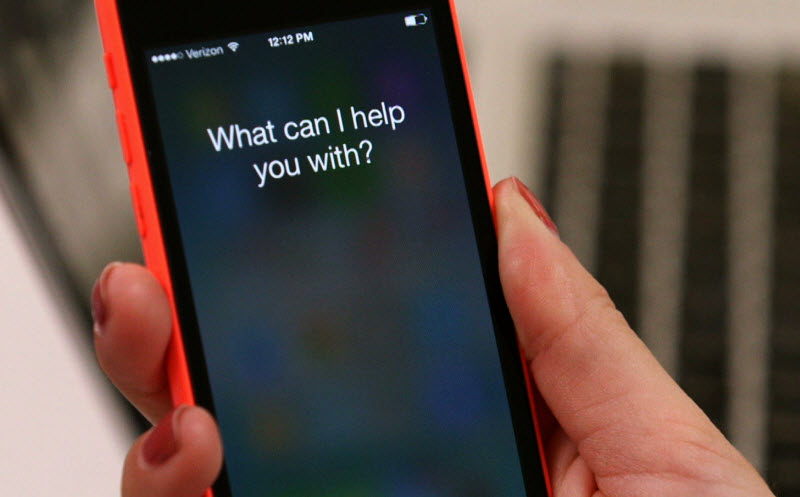
A researcher warned parents that voice assistants Siri and Alexa are creating rude and antisocial children.
Dr. Anmol Arora of the University of Cambridge said children’s interactions with these voice assistant devices at a young age may be a critical factor as to how they will develop later on in life. He wrote in a paper published in Archives of Disease in Childhood: “Interacting with the devices at a crucial stage in social and emotional development might have long-term consequences on empathy, compassion and critical thinking.”
“With digital devices, there is no expectation that polite terms, such as please or thank you, should be used. There is no need to consider the tone of voice and whether the command being issued may be interpreted as rude or obnoxious.”
“The lack of ability to engage in non-verbal communication makes use of the devices a poor method of learning social interaction. While in normal human interactions, a child would usually receive constructive feedback if they were to behave inappropriately, this is beyond the scope of a smart device.”
Initial research on the use of voice assistants as social companions for lonely adults is encouraging, but this does not apply to children.
“This is particularly important at a time when children might already have had social development impaired as a result of [pandemic] restrictions and when [they] might have been spending more time isolated with smart devices at home,” Arora added.
Researchers fear that the persistent use of such devices by children means that they are not taught how to say please and thank you when they demand the device perform an action for them.
They are also worried that teenagers aren’t taught how to read body language either as they are speaking to a gadget.
Long-term effects of voice assistants on children’s brains have aroused concerns
Voice assistants such as Siri from Apple and Alexa from Amazon, which are based on artificial intelligence (AI), have raised concerns about possible long-term effects on youngsters’ brains at a critical time in their growth.
Three wide areas of concern include inappropriate responses, impeding social development and hindering learning.
“It is difficult to enforce robust parental controls on such devices without severely affecting their functionality,” Arora said, citing the possibility of a device suggesting a 10-year-old should try touching a live plug with a coin.
Voice assistants are designed to search for requested information and give a concise, specific answer. Sadly, this may prevent traditional processes by which children learn and absorb information.
When children ask questions, an adult can request contextual information, explain the limitations of their knowledge and probe the child’s reasoning – a process that voice assistants can’t duplicate.
Searching for information is also a significant learning experience that teaches a person critical thinking and logical reasoning.
“The rise of voice devices has provided great benefit to the population. Their abilities to provide information rapidly, assist with daily activities and act as social companions to lonely adults are both important and useful, the author acknowledged. However, urgent research is required into the long-term consequences for children interacting with such devices,” Arora concluded.
RELATED ARTICLES
- Researchers Warn Vaping is just as Harmful as Cigarettes
- German School Bans Children from Drinking Water Because its Offensive
- Italy Fines TikTok with 10 million euros over Repeatedly Exposing Children to Indecent Content
- Instagram Being Sued as a Hotbed for Child Exploitation and Pedophilia, Calls for International BAN
- Putin Slams Woke Gender Ideology Destroying the West: 'There Is Only Male and Female'











